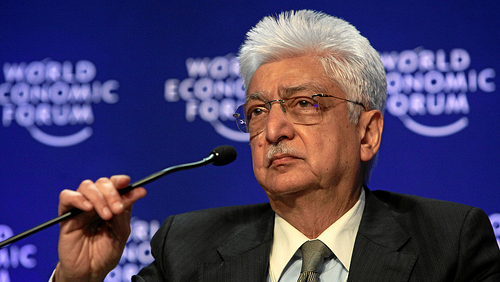Botstein: For Many, College Should Begin at 16

Bard College President Leon Botstein believes that for about half of the high school students in the U.S., college should begin at age 16. “We should have a system that has six years of elementary and four years of high school,” says Botstein. “No middle school. No junior high school. And get young people out, let them start their education as adults at age 16.”
In his Big Think interview, Botstein—who was the youngest college president in U.S. history when he took the reins of the now-defunct Franconia College at the age of 23—says the greatest challenge during his 35-year tenure as president of Bard has been finding ways to make the right educational choices without enough resources, even as other top colleges have focused on building up their endowments. He says that education should be thought of more like a good hospital: “Our primary obligation is to the patient who comes in now, who is sick, who is right before us,” he says. “Our obligation is to the students we have now, the faculty we have now, doing the right thing for the country now. Not being a bank, to protect ourselves so that we still exist for no apparent reason 100 years from now.”
Botstein, who also serves as music director for both the American Symphony Orchestra and the Jerusalem Symphony Orchestra, spoke as well about what a conductor does on stage, calling conducting the “art of organizing music through a kind of pantomime.” But the traffic cop aspect—telling who to play when—is only the most basic aspect of conducting, he says. It’s even more important to find a unique way into each piece. “Consider a map,” he says, referring to the musical score. “You can buy several kinds of map. You can Google several kinds of maps. One kind of map tells you just where everything is, but very little in between. Another map gives a lot of details. Another map tells you where the restaurants are. … Some maps can tell you how crowded the roads are. But the map won’t tell you actually how to drive … So the score is a minimum number of instructions.”





